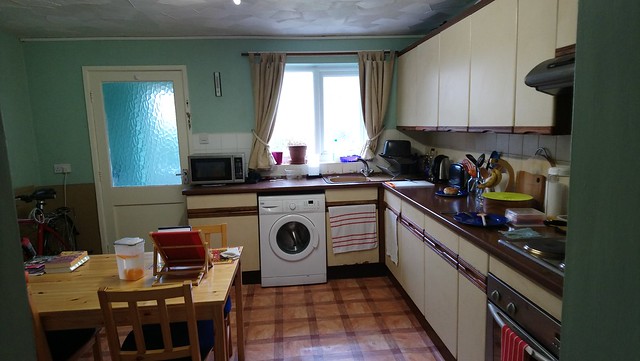Is the word plateau related to plate, platypus, plaza, pizza, place, flat and fold? Or is one of these words an odd one out? Let’s investigate.
Plateau [ˈplætəʊ / plæˈtoʊ] means:
- A largely level expanse of land at a high elevation; tableland.
- A comparatively stable level after a period of increase.
- A notable level of attainment or achievement.
- To reach a stable level after a period of increase; to level off.
It comes from French plateau (flat area, tray, plateau, stage, (TV) set, chain-ring), from plat (flat, flat area of ground, flat thing, a dish or course) [source] and the diminutive ending -eau, which can also be added to words like éléphant and zèbre to make éléphanteau (a young [male] elephant, calf) and zébreau (young zebra) [source].
Plat comes from Middle French plat (flat), from Old French plat (flat, a footbridge), from Vulgar Latin *plattus (flattened), from Ancient Greek πλατύς (platús – broad, flat), from Proto-Hellenic *plətús, from Proto-Indo-European *pléth₂us (flat, broad), from *pleth₂- (to spread, to extend, flat) [source].
Plate, platypus, plaza, place, flat and fold all probably come from the same roots, as do pit(t)a (bread), piazza, flan, field, plantain, and the name Plato [source].
The odd one out is pizza, which was borrowed from Neapolitan pizza, which comes from Byzantine Greek πίτα (píta – cake, pie), the origins of which are uncertain. Words from the same roots include пита (pita – round loaf, cake, pie, honeycomb) in Bulgarian, pită (bread, sustenance) in Romanian, pite (pie, tart) in Hungarian, and pide (traditional Turkish flatbread, Turkish pizza) in Turkish [source].






